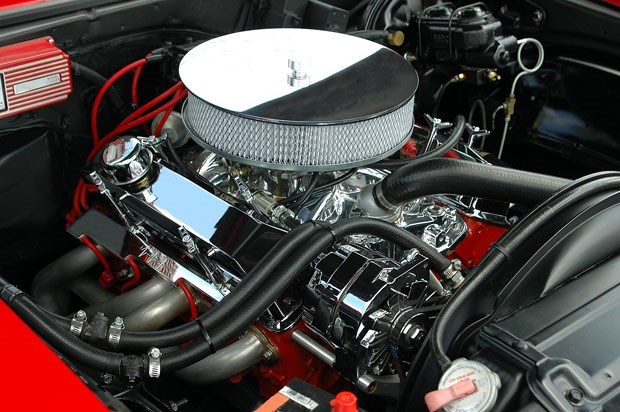If you park your car outdoors at night, be wary as mice and rats are drawn to warmth of car's engine and the soy bean insulation buffet. If could be looking at hundreds of dollars for rodent damage. They will eat through entire main wiring harness throughout the engine bay. In recent years, car manufacturers -- in a push to go greener (and save money) -- have been turning to soy coatings, as in soy beans, to insulate the wires under the hood of your car, although some manufactures are still using rubber or vinyl wires.
So here are a few things that may stop those rodents from getting into your engine bay and creating problems: Leave the hood up. Hide your dog food, cat food, and birdseed. Remove or seal off rat hiding places near the car. Block small entrances to the vehicle engine compartment. Use electronic deterrent devices. Make your engine and its entrances smell bad (peppermint oil on their wiring, taping dryer sheets around wiring harnesses or stuffing mothballs into engine crevices), at least to rodents.
Do not let the car sit unused. You can now buy anti-rodent tape for wires, from auto parts stores or on Amazon.
Go Green Pest Control owner Randy Bilesky is a long-time South Delta resident. Trained and certified, Bilesky has first-hand knowledge of the pest problems that local homeowners and business owners encounter.


